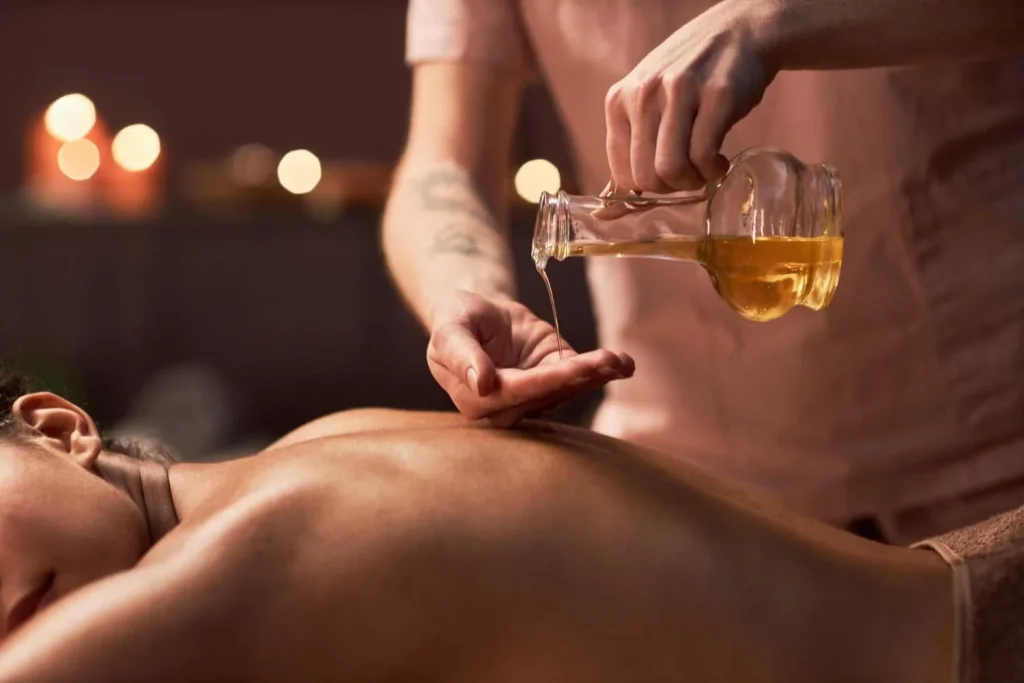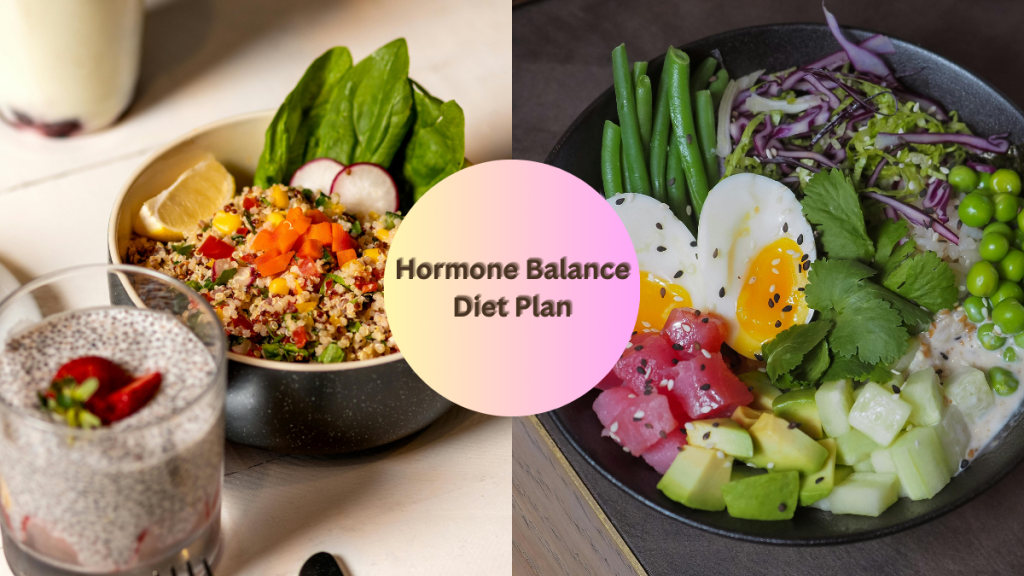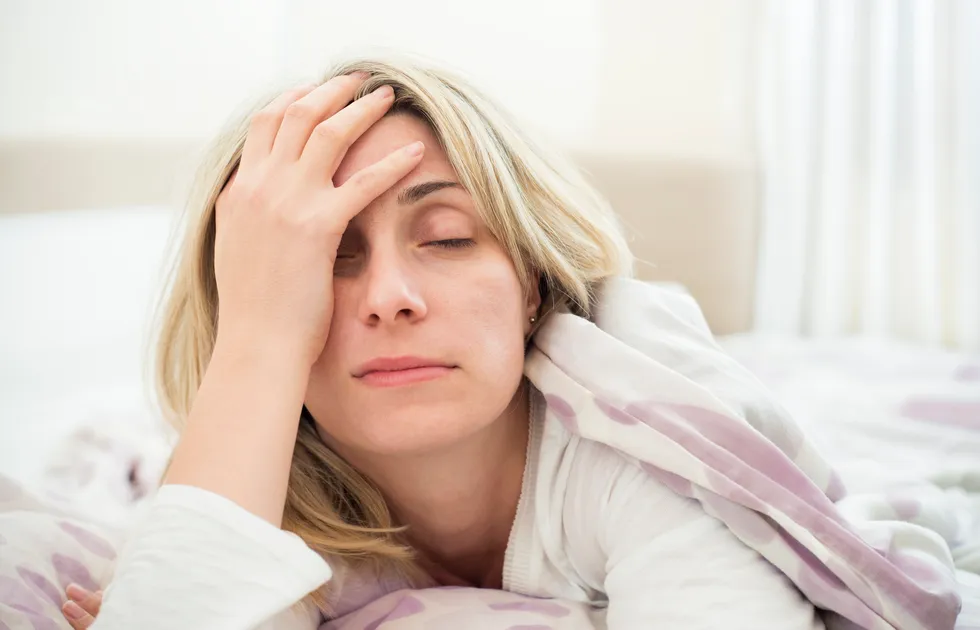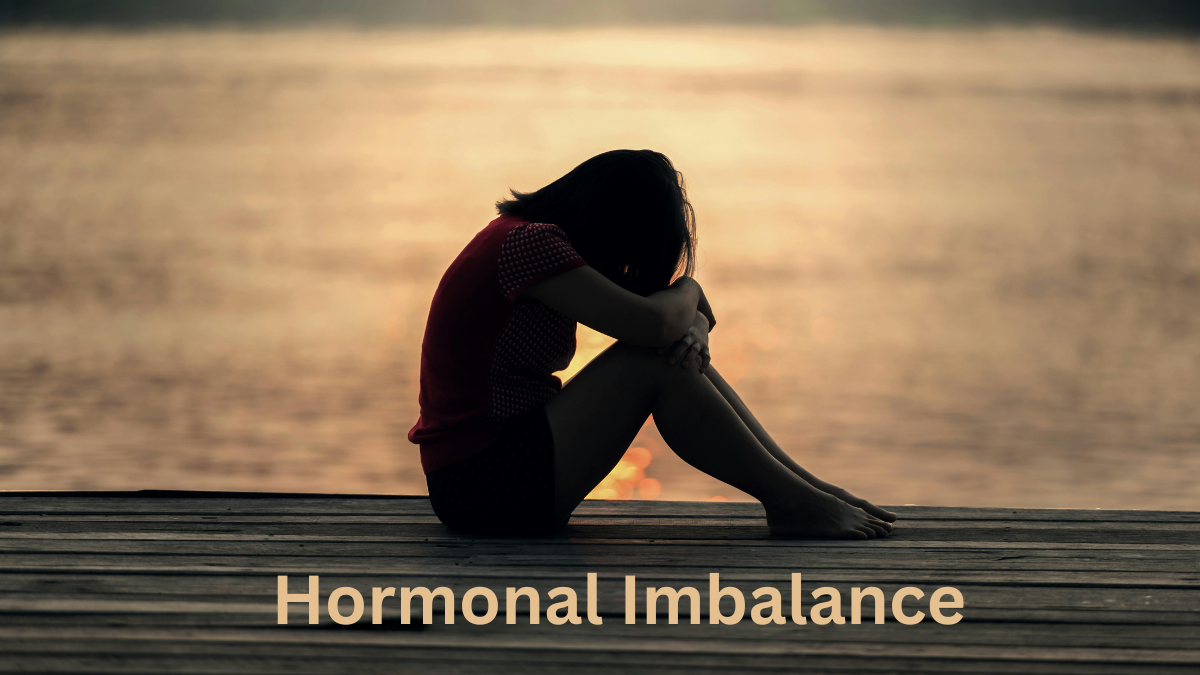The surprising truth about hormones—and the simple steps that changed everything for me

For years, I thought I was just being “too sensitive.” One week I was full of energy, ready to take on the world. The next, I couldn’t drag myself out of bed. My skin broke out like I was a teenager again, my moods swung from joy to tears without warning, and my period showed up like an unpredictable guest who never RSVP’d.
When I finally talked to my doctor, the word hormonal imbalance came up. At first, it felt like a label slapped on my forehead. But the truth? Hormonal imbalance isn’t just in your head — it’s in your body, your lifestyle, and sometimes even your kitchen.
What changed my life wasn’t a magic pill. It was learning how to gently bring my hormones back into balance through natural remedies, mindful eating, and lifestyle shifts. And today, I want to share that journey with you — not as medical advice, but as a story of hope, trial, error, and eventually… healing.
What Hormonal Imbalance Really Feels Like

We often picture hormones as just “period stuff,” but they’re much more. They control everything: mood, metabolism, sleep, digestion, fertility, skin, even how motivated we feel.
When they’re out of sync, you might notice:
- Sudden weight gain or stubborn belly fat
- Brain fog and poor concentration
- Acne or hair loss
- Irregular or painful periods
- Trouble sleeping or constant fatigue
- Anxiety or irritability for no obvious reason
If this sounds familiar, you’re not alone. The good news? Hormones can be nudged back into balance with the right support.
Natural Remedies That Helped Me Heal

I didn’t want to rely solely on synthetic solutions. Instead, I turned to ancient wisdom, modern science, and practical, natural tools.
1. Adaptogenic Herbs
Adaptogens are nature’s stress soothers — they help the body adapt (hence the name). My favorites:
- Ashwagandha: calms stress, balances cortisol (your stress hormone).
- Maca root: supports energy, fertility, and mood.
- Holy basil (Tulsi): a gentle detoxifier that also calms anxiety.
A simple ritual? A warm cup of ashwagandha or tulsi tea in the evening. It felt like I was sipping my way back to calm.
2. Seed Cycling
This was a game-changer. Seed cycling involves eating specific seeds during different phases of your menstrual cycle to support estrogen and progesterone balance.

- Day 1–14 (Follicular phase): Flaxseeds + pumpkin seeds (support estrogen).
- Day 15–28 (Luteal phase): Sunflower seeds + sesame seeds (support progesterone).

I sprinkled them on smoothies, oatmeal, or salads. Within three months, my cycle was more predictable, my cramps lighter, and my mood steadier.
3. Stress Management (Without Quitting Life)
Hormones hate chronic stress. But I couldn’t just pack my bags and move to the Himalayas. So I started small:

- 10 minutes of deep breathing before bed.
- A daily walk without my phone.
- Saying “no” more often (hard at first, but freeing).
These tiny shifts lowered my cortisol, which allowed other hormones to find their rhythm.
4. Ayurvedic Self-Care

Ayurveda taught me that hormonal health is about balance — hot/cold, rest/activity, light/heavy. One ritual that worked wonders was abhyanga (self-massage with warm sesame oil). Not only did it calm my nerves, but it also improved circulation and sleep.
My Hormone-Balancing Diet Plan

Food was the biggest medicine for me. Instead of obsessing over calories, I started asking: “Will this meal help my hormones feel safe?”
Here’s the simple diet plan I followed (and still do):
Morning
- Warm lemon water to kickstart digestion.
- A hormone-friendly smoothie: spinach, flaxseeds, almond milk, half a banana, and a spoonful of maca powder.
Mid-Morning Snack
- Handful of soaked almonds and walnuts (healthy fats for hormone production).
- Herbal tea (tulsi or ginger).
Lunch
- Quinoa or brown rice.
- Steamed veggies like broccoli, carrots, and spinach.
- Grilled salmon or chickpea curry.
- A drizzle of olive oil or sesame oil.
Afternoon Snack
- Pumpkin or sunflower seeds (depending on my cycle phase).
- Fresh fruit like papaya, apple, or berries.
Dinner
- Light, warming meals (soups or lentil stew work best).
- Plenty of fiber and greens, but nothing too heavy before bed.
Before Bed
- Golden milk (turmeric, warm almond milk, and a dash of cinnamon).
What I Learned Along the Way

At first, it felt overwhelming. Change your diet? Try herbs? Meditate daily? Who has time for all that?
But I realized healing doesn’t happen overnight. It’s not about perfection — it’s about consistency. Some weeks I nailed my routine, other weeks I slipped. But every small step built momentum.
And here’s the truth: hormones aren’t just chemical messengers. They’re storytellers. They reflect how safe, nourished, and cared for your body feels. When you give your body rest, wholesome food, and kindness, your hormones whisper: “Thank you.”
Three Months Later: The Shift

The first signs of change were subtle: less bloating, fewer sugar cravings. Then my skin cleared. My periods became regular. I woke up without that heavy cloud of fatigue.
The biggest surprise? My mood. I felt more “myself” than I had in years. Not overly ecstatic, not overly low — just balanced. Grounded. Present.
You’re Not Broken

If you’ve been told your symptoms are “all in your head,” I want you to know — they’re not. Hormonal imbalance is real, but it’s also reversible. You don’t have to accept mood swings, painful cycles, or exhaustion as your “normal.”
Your body is asking for support, not punishment. Through food, herbs, self-care, and small lifestyle changes, you can guide your hormones back into harmony.
So if you’re ready, start small:
- Swap your morning coffee for warm lemon water.
- Add a spoonful of flaxseeds to your breakfast.
- Take a 10-minute walk today.
Healing doesn’t start with giant leaps — it starts with tiny, loving steps.
Because at the end of the day, hormonal balance isn’t about controlling your body — it’s about reconnecting with it.
And once you do, you’ll be amazed at how vibrant, stable, and alive you can feel again.
